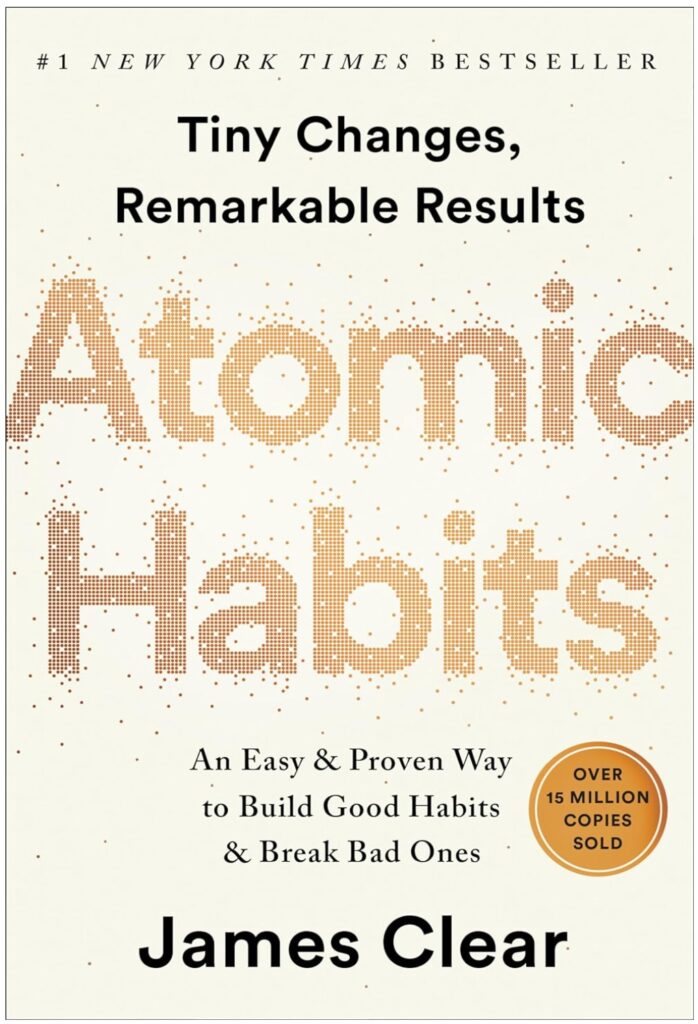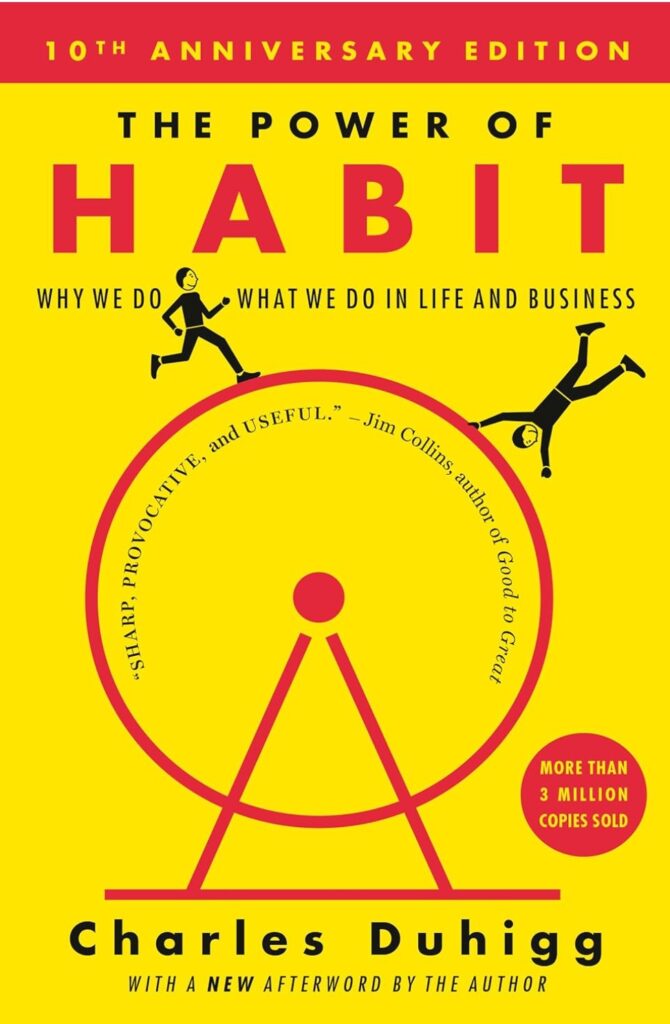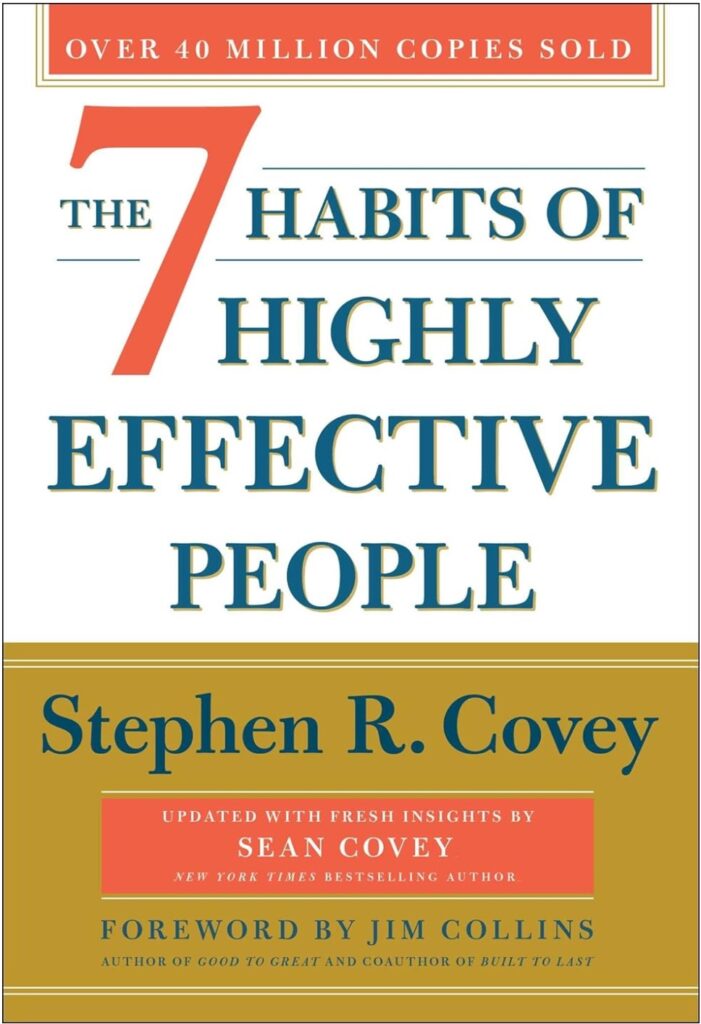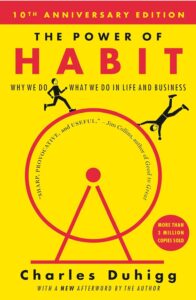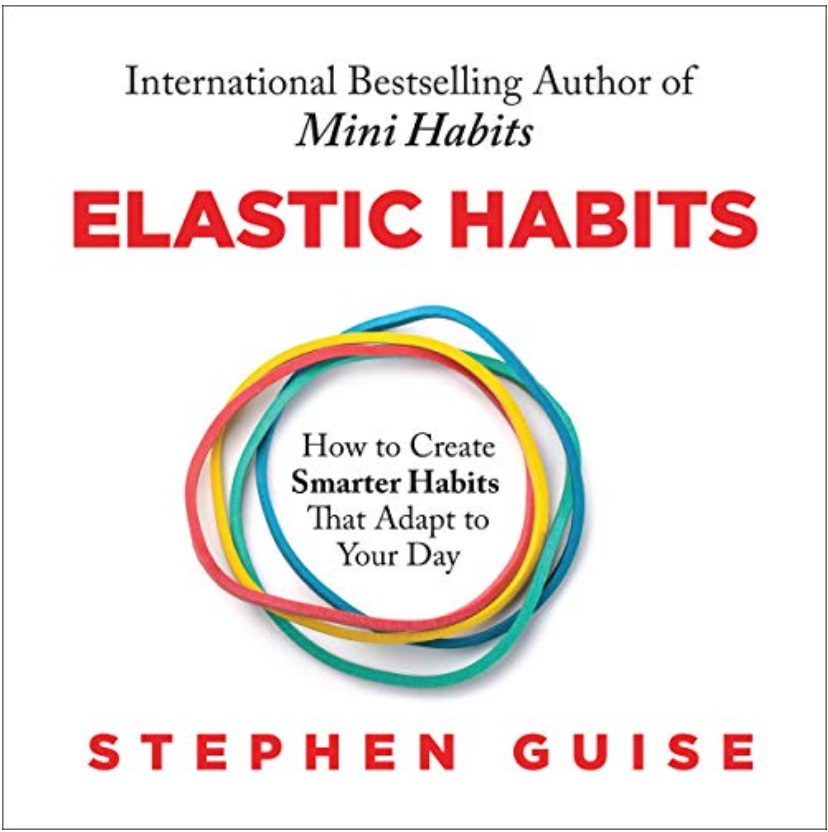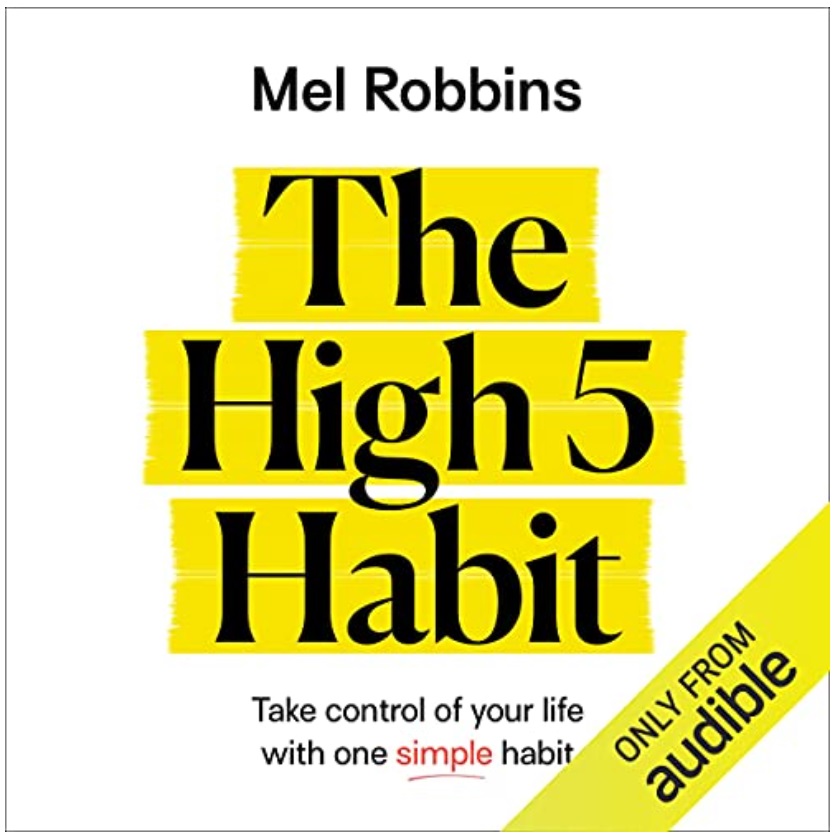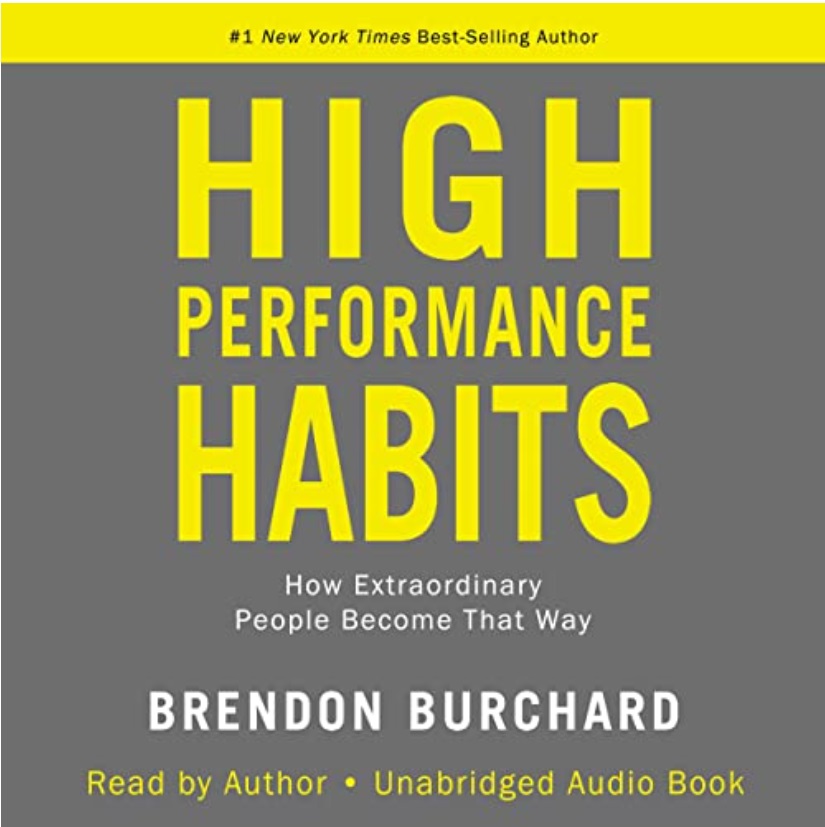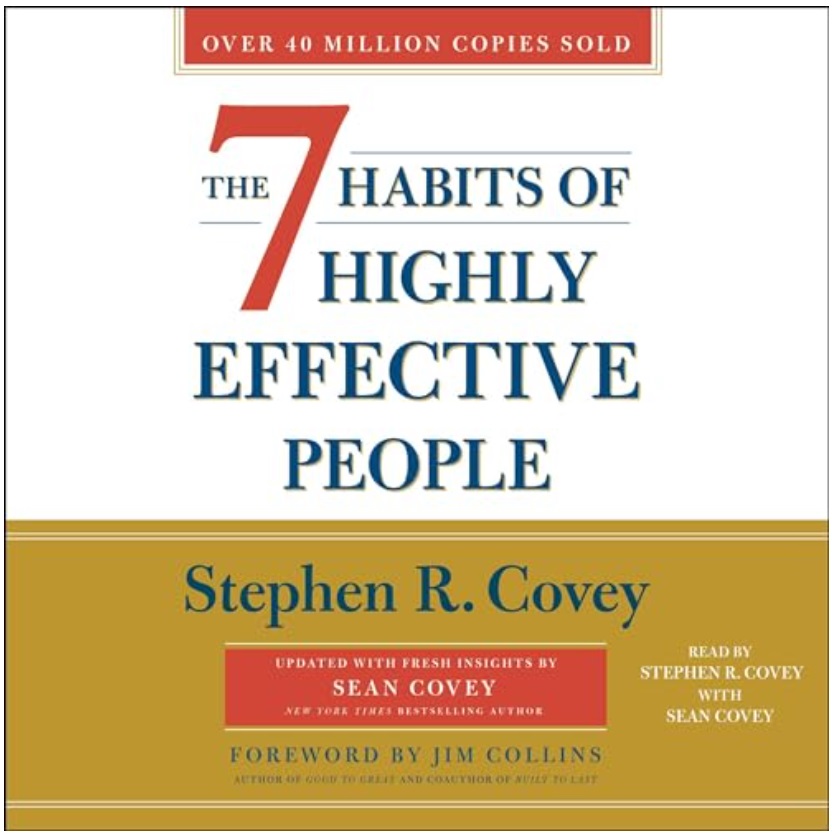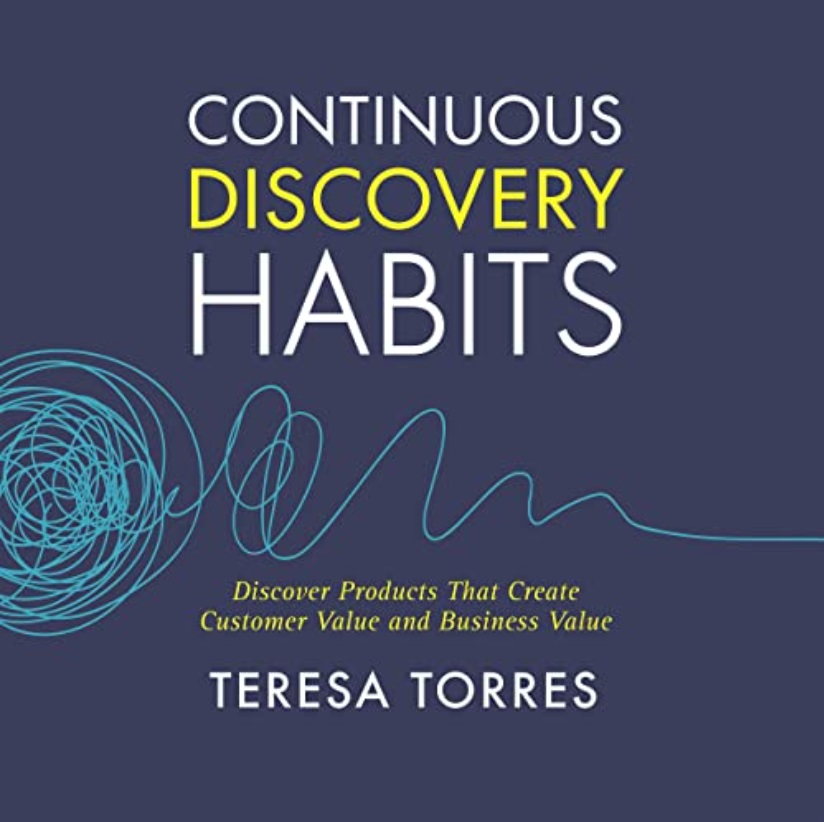KEY POINTS
- Incorporate a variety of foods to ensure nutritional diversity and maintain interest in your healthy eating habits.
- Regular meal planning and home cooking are key to controlling ingredients, portions, and ultimately, your health.
- Use tools like food diaries for tracking progress and allow flexibility to handle cravings and social situations without derailing your diet goals.
Adopting healthy eating habits isn’t just about choosing the right foods—it’s about making those choices consistently. Over the years, I’ve explored various strategies to maintain a healthy diet in a way that’s both satisfying and sustainable. Here, I’ll share some practical tips that have been essential in my journey and that of others I’ve coached.
Table of Contents
ToggleUnderstanding the Basics of Healthy Eating
The foundation of healthy eating is understanding what constitutes a balanced diet. From what I’ve experimented with in my life and implemented, a balanced diet includes a variety of nutrients that support the body’s functions, promote good health, and help manage weight.
Incorporating a Variety of Foods
I’ve found that including a range of different foods in your diet can prevent nutritional deficiencies and ward off boredom, which might lead you back to unhealthy choices. It’s been my secret weapon to keep meals interesting and nutritionally diverse.
Listening to Your Body
Paying attention to how your body reacts to different foods is crucial. I’ve personally used this technique to adjust my diet according to my body’s needs, which can change due to factors like age, activity level, and health status.
Importance of Hydration
Staying hydrated is as crucial as choosing the right foods. Water plays a key role in digestion, absorption, circulation, and even temperature regulation.
I’ve found that drinking sufficient water daily boosts energy levels and aids in detoxification, which is essential for optimal health.
Balancing Macronutrients
Understanding the balance of macronutrients—carbohydrates, proteins, and fats—is vital.
I’ve personally tested different macronutrient ratios to find what works best for my body and activity level.
This balance is crucial for maintaining energy throughout the day and supporting muscle repair and growth.
Incorporating Micronutrients
Micronutrients, though needed in smaller quantities, are essential for good health. I’ve gathered from my research and personal experience that a diet rich in vitamins and minerals can improve brain function, boost the immune system, and support overall health. Foods like fruits, vegetables, nuts, and seeds are micronutrient powerhouses.
Practical Tips for Everyday Healthy Eating
Creating a sustainable healthy eating pattern involves practical and manageable steps that can be incorporated into everyday life. Here are some strategies that I’ve personally tested and found effective.
Planning Your Meals
I’ve tried to implement meal planning at the start of each week, and it’s drastically reduced the stress of deciding what to eat each day.
This helps in avoiding unhealthy last-minute choices. Planning also makes grocery shopping more efficient and can be cost-effective.
Cooking at Home
Cooking at home has been a game-changer for me. It not only allows control over the ingredients but also helps in portion control.
Through my work, I’ve seen that people who cook more at home tend to eat healthier overall.
Snack Wisely
Choosing healthy snacks can be a game-changer in maintaining a nutritious diet. I’ve found that preparing snacks like cut vegetables, nuts, or yogurt ahead of time makes it easier to avoid less healthy impulse choices.
Keeping these healthier options accessible helps sustain energy levels and manage hunger between meals.
Smart Substitutions
Making smart substitutions in your diet can lead to significant health benefits without sacrificing flavor or satisfaction.
I’ve tried swapping out white bread for whole-grain, sour cream for Greek yogurt, and frying for grilling or baking. These changes help reduce calorie intake while boosting nutritional content.
Mindful Eating Practices
Adopting a mindful eating approach has transformed my relationship with food. I focus on eating slowly and without distractions, which helps me enjoy my meals more and better recognize when I’m full. This practice aids in preventing overeating and enhances digestion.
Overcoming Challenges to Healthy Eating
Sticking to healthy eating habits can be challenging, especially with a busy lifestyle or limited access to fresh foods.
Handling Social Situations
I’ve gathered that social events can pose a challenge to maintaining healthy eating habits.
I’ve tried strategies like eating a healthy snack before parties to avoid overindulging or choosing a plate of vegetables and lean proteins during the event.
Dealing with Cravings
Cravings can be a major obstacle. I’ve personally tested several techniques to deal with them, like substituting a sweet craving with a piece of fruit or a salty craving with a few nuts.
Sometimes, allowing yourself a small portion of what you crave can prevent overeating later on.
Adjusting to Dietary Restrictions
Navigating dietary restrictions due to allergies or health conditions can complicate healthy eating.
I’ve found that researching and experimenting with alternative ingredients like gluten-free flours or dairy substitutes enables you to enjoy your favorite dishes safely. Learning to adapt recipes creatively ensures you don’t feel restricted.
Resisting Workplace Temptations
Office environments often pose challenges with frequent treats and catered meetings. I’ve tested strategies such as bringing my own snacks and lunches to work.
This helps me stick to my healthy eating goals despite the temptations. Keeping a stash of healthy options in my desk drawer has also been effective.
Maintaining Diet While Traveling
Eating healthy on the road requires extra planning and flexibility. I try to research restaurants and grocery stores ahead of time to ensure access to healthier food choices.
Opting for accommodations with kitchen facilities can also make a significant difference, as it allows for cooking meals instead of relying on eating out.
Maintaining Motivation and Making Adjustments
Staying motivated and continuously adapting your diet to meet your evolving needs is essential for long-term success.
Tracking Your Progress
I’ve found that keeping a food diary can be incredibly helpful in maintaining healthy eating habits. It allows you to reflect on your successes and identify areas where you could improve.
Staying Flexible
Flexibility has been crucial in my dietary approach. I’ve learned that being too rigid can lead to frustration and failure. Allowing for occasional treats or deviations helps keep me on track without feeling deprived.
Setting Incremental Milestones
Breaking down your long-term dietary goals into smaller, more manageable milestones can greatly enhance your motivation.
Celebrating these smaller victories keeps your spirits high and your commitment strong. I’ve found that setting monthly targets, like increasing vegetable intake or reducing processed foods, provides a sense of achievement and progression.
Leveraging Technology for Support
Using apps and online tools to track your dietary intake and progress can provide a daily motivation boost. I’ve used apps that graph my progress over time, showing me how consistent I’ve been with my eating habits. These visual representations of progress can be incredibly motivating.
Engaging in Peer Support Groups
Participating in community support groups, whether online or in person, can provide a rich source of motivation and encouragement.
Sharing challenges and successes with peers who have similar goals can make the journey more enjoyable and less daunting. I’ve tried joining healthy eating forums and local cooking classes, which have both provided me with valuable support and new ideas.
Conclusion
Adopting and maintaining healthy eating habits is a journey that requires understanding, planning, and adaptability.
By incorporating these tips into your daily routine, you can enjoy the benefits of a balanced diet, which include better health and increased energy.
Remember, the goal is to create a healthy eating pattern that is enjoyable and sustainable, not one that feels restrictive or burdensome.
Embrace the journey with patience and persistence, and celebrate each step towards a healthier you.











